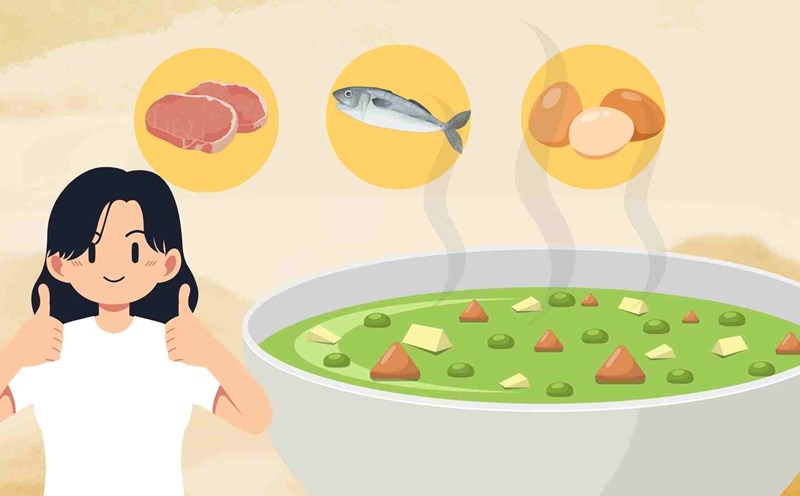1. Eat light at night and don't miss breakfast
The evening is the time when the liver detoxifies, so eating too much or too late will make the liver work harder. In contrast, breakfast is when the body needs energy and enzymes to start metabolism - this is the key to maintaining a stable liver circadian rhythm.
2. Cut down on alcohol and refined sugar
Alcohol and sugar are the two leading factors that harm the liver. When alcohol is reduced or eliminated, the liver has the opportunity to repair damaged cells.
Limiting refined sugar also helps reduce the risk of fatty liver - one of the common causes of impaired liver function.
3. Prioritize antioxidant foods
Vegetables such as broccoli, kale, turmeric and berries are rich in powerful antioxidants such as glutathione and flavonoids. These substances have the effect of reducing inflammation, preventing liver cell damage and promoting natural liver recovery. According to Healthline, adding green vegetables to your daily diet is the first step to helping your liver recover.
4. Adopting the Mediterranean diet
The Mediterranean diet, rich in vegetables, fish, olive oil and nuts, is recommended by WebMD for people at risk of liver disease. This regimen not only supports liver recovery but also helps control weight, reduce visceral fat and increase metabolism.











